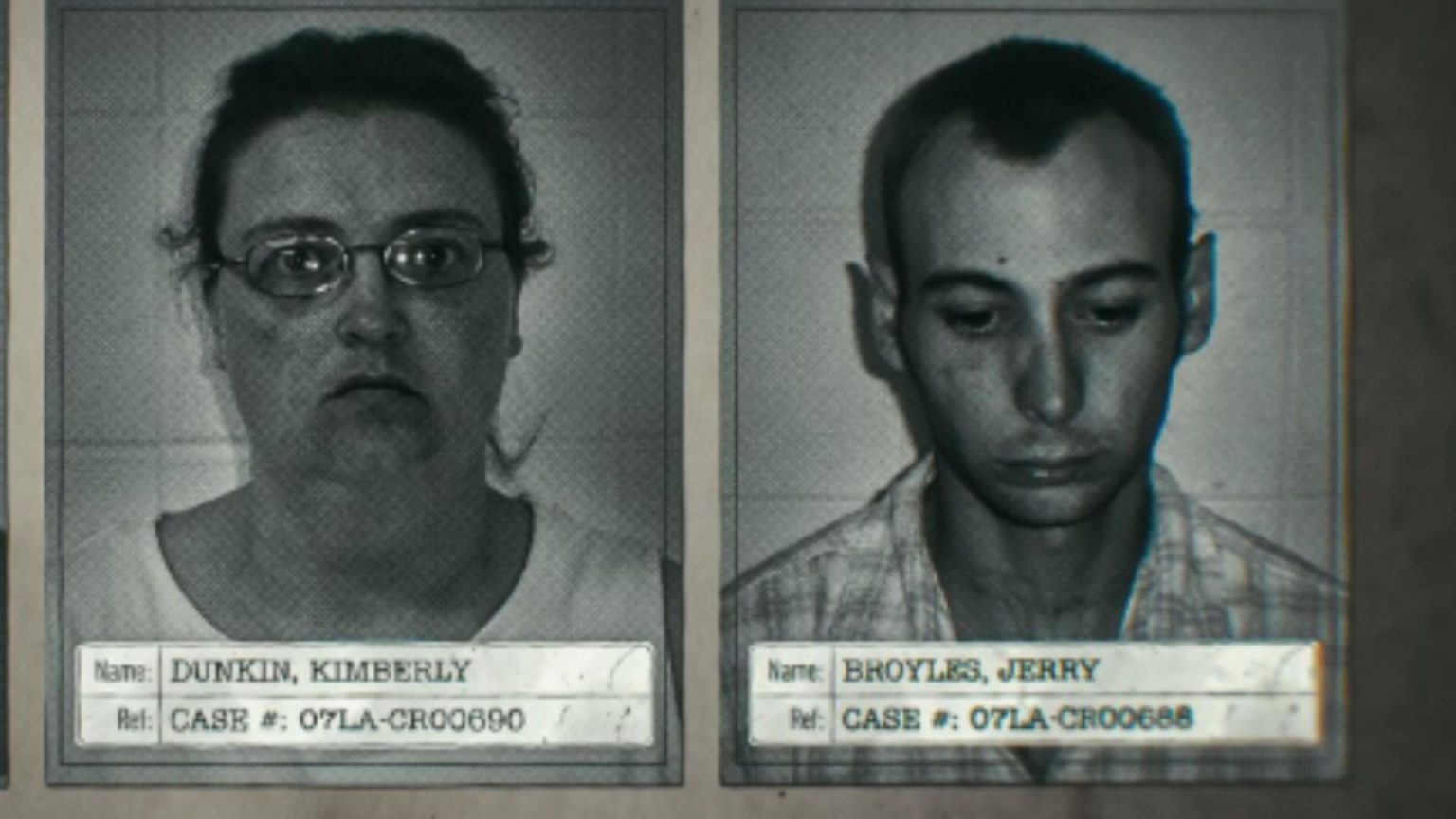The Calculated Crime of Jerry Broyles and the Dunkins
Jerry Broyles, along with Terry and Kimberly Dunkin, orchestrated and executed the murder of Zachary Jones in 2007. This chilling crime is documented in the Netflix series "I Am a Killer," offering a glimpse into the minds and motives of convicted murderers. Broyles, coming from a seemingly stable upper-middle-class background, took a drastic turn in his life, abandoning his education and succumbing to drug abuse, including marijuana and cocaine. This downward spiral culminated in the premeditated murder of Zachary Jones in Atchley Park, Missouri. Broyles claimed the motive was a series of threatening text messages sent to his girlfriend by Zachary, a claim that has been scrutinized and debated. The details of these messages and the extent to which they constituted a genuine threat remain a central question in understanding the catalyst for this brutal act.
The murder itself was a violent ambush. With the Dunkins’ assistance, Broyles lured Zachary to the park, where they attacked him with a baseball bat, ending his life. The cold, calculated nature of the crime shocked the community and prompted a thorough investigation by law enforcement. Witnesses corroborated the premeditation aspect, leading to the swift apprehension and charging of the perpetrators. While Broyles claimed the texts were the trigger, the investigation revealed a more complex interplay of motivations, possibly including personal conflicts, escalating tensions, and the influence of drug use on their judgment and decision-making.
The Aftermath and Varying Sentences
Following the murder, the three individuals involved faced vastly different outcomes. Terry Dunkin tragically took his own life in 2007 while awaiting trial, escaping earthly justice but leaving behind unanswered questions regarding his role in the crime. Kimberly Dunkin, however, was convicted of first-degree murder and received two concurrent life sentences without the possibility of parole. The severity of her sentence reflects the court’s recognition of the premeditated and brutal nature of the crime, holding her fully accountable for her participation in Zachary’s death. Her imprisonment continues in a Missouri correctional facility, where she is serving her time with no prospects of release.
Jerry Broyles, unlike Kimberly Dunkin, was convicted of second-degree murder. While initially receiving a life sentence, he was granted parole in 2022 after serving 15 years. This difference in sentencing likely reflects varying degrees of culpability established during the trial, with Broyles perhaps being seen as less directly responsible for the fatal blow than Kimberly Dunkin. Following his release, Broyles entered a rehabilitation program in East Bank, West Virginia, aiming to reintegrate into society. His participation in this program is a testament to the potential for rehabilitation, even for individuals who have committed heinous crimes.
"I Am A Killer" and Broyles’ Confession
Broyles’ story became part of the Netflix documentary series "I Am a Killer," which provides a platform for convicted murderers to narrate their crimes and explain their motivations. The series delves into the psychological and emotional landscape of these individuals, offering viewers a chillingly intimate perspective on the human capacity for violence. Broyles’ participation in the series provides an opportunity for him to share his version of events, exploring the factors that led him down this destructive path.
The inclusion of Broyles’ case in the sixth season of "I Am a Killer," released in January 2025, sparked significant public interest and debate. The series doesn’t shy away from the graphic details of the crimes, presenting a raw and unflinching look at the consequences of violence. Through interviews with Broyles and other convicted killers, the series attempts to understand the complex motivations that drive individuals to commit such acts. It raises questions about the nature of guilt, remorse, and the possibility of redemption for those who have taken a human life.
Exploring the Motives and the Psychology of Violence
The series "I Am a Killer" and Broyles’ participation in it serve as a window into the minds of those who have committed murder. It explores the factors that contribute to violent behavior, including childhood trauma, societal pressures, and the influence of drugs and alcohol. By giving voice to these individuals, the series aims to shed light on the complex interplay of psychological, social, and environmental factors that can lead to acts of extreme violence. It also raises questions about the justice system, the effectiveness of rehabilitation programs, and the possibility of forgiveness and redemption.
Through the lens of true crime, the series prompts viewers to confront uncomfortable truths about human nature. While the series doesn’t condone the actions of the individuals featured, it seeks to understand the circumstances that shaped their lives and led them to commit such heinous crimes. By examining the motives and the psychology of violence, the series fosters a deeper understanding of the dark side of human experience, offering a chilling and thought-provoking exploration of the factors that contribute to criminal behavior.




